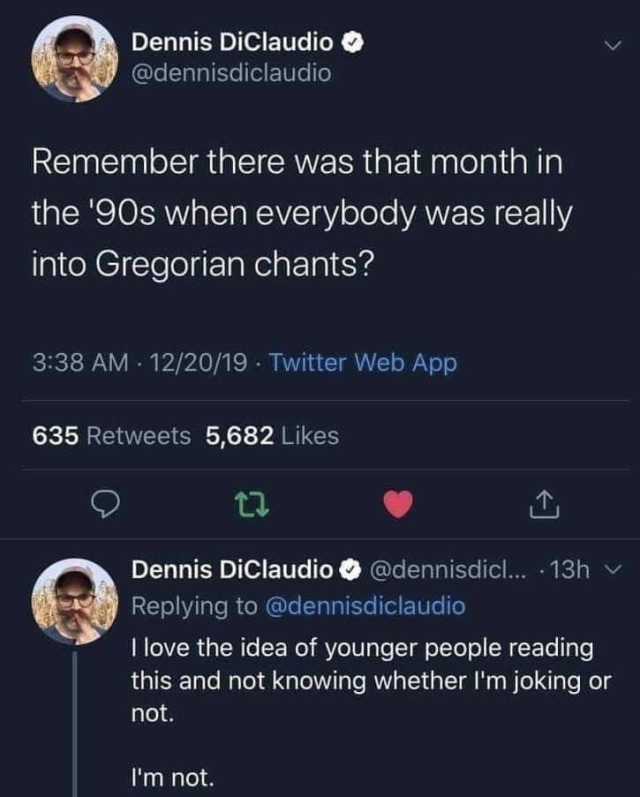Two weeks ago, I attended the conference of the Association of Canadian Archivists, which this year was held at Carleton University. It was intense, stimulating, worthwhile and exhausting. As it was the 50th anniversary of the founding of the Association of Canadian Archivists (hereafter ACA), this was something of a special landmark event. Without going into excruciating detail, I'll comment on what were a few highlights for me.
First, the plenary sessions.
The opening session was a panel of founders and veterans of the ACA, talking about how things were, how they evolved, and what the future of the profession might hold. Something of an eye-opener, really.
Some of the panellists felt that archival studies were not really a respected field of endeavour 50 years ago when the Association was born, that archivists were just regarded as a "weird sort of librarian" as one of them put it. I discussed in a recent post how librarians' work has historically been undervalued. Moreover, in 1978, when I was a newbie government librarian, our LS group (predominantly female) brought a case to the Human Rights Commission contending that our work was of equal value to that of the HR (Historical Research) group (predominantly male), most of whom were archivists employed by the Public Archives (later National Archives) of Canada and were paid considerably more.
We won. Eventually.
Upon reflection, I could understand where they were coming from. When I was at Western earning my librarian credentials, courses like "Archival Theory and Practice" and "Conservation and Preservation" were optional courses that one could take towards an MLS (Masters of Library Science), which nowadays is more likely to be an MLIS, or Masters in Library and Information Studies. It didn't occur to me at the time that there was no parallel educational stream for those who wanted to focus on the archival side of things, with a view to possibly holding a position within a gallery, archives or museum, for example. It probably ought to have occurred to me, as my first permanent job out of library school was in the library of the National Film Archives - so I actually had a foot in both camps! At that time, the National Library and the Public Archives were still two separate entities, each with its own leader, and I was an LS-1 employed in the Public Archives.
So fast forward to the Thursday morning plenary with noted Canadian author Mark Bourrie, who wrote his doctoral dissertation on press censorship. The title of his presentation was "Tales of access, obfuscation, censorship and secrets in the archives." It was definitely interesting - he's generally an engaging speaker - although I didn't feel it quite lived up to the promise of its title.
A comment he made almost in passing was that he didn't feel we were well-served when the National Librarian and the National Archivist positions were consolidated into one single position, as their mandates are quite distinct from each other.
He's absolutely right, of course. But for a history buff, he seemed remarkably uninformed about how this came to pass. During the Q&A, I challenged him, probably more gently than he deserved, and mentioned the English Report on the Role of the National Archives of Canada and the National Library of Canada. You can read it here:
https://www.capalibrarians.org/wp/wp-content/uploads/2014/03/englishreport1999.pdfIn 1998, John English was asked by then-Heritage Minister Sheila Copps to consult with the relevant communities in both organizations on what we felt our functions and overall role should be. We were asked some detailed questions, our views were solicited and John English listened and made some thoughtful recommendations. Unfortunately, those at the political level didn't listen quite so intently or if they did, they decided we didn't really know what we were talking about and didn't understand their pressures and priorities. Or something.
Amongst the various views we had, we were practically unanimous in our feeling that there should continue to be a National Librarian of Canada (who should be a qualified librarian) and a separate National Archivist of Canada (who should be a qualified archivist). That's not rocket science. It's library science! And archival science!
I'd been really looking forward to the Wednesday opening plenary, which was advertised as follows:
What if we radically imagined a future where archives were for change? There is a growing energy among archivists who want to promote accountability and social justice. However, archival institutions are resistant to change - as they are designed to uphold institutional power.
We were promised a panel that would bring archivists and scholars together in a discussion to imagine and "critically hope for a future where we can truly support the people."
I arrived bright and early Wednesday morning, only to find the panel had been cancelled. I wonder why?
The closing session late on Thursday afternoon was to be a conversation between the Librarian and Archivist of Canada and the former US National Archivist Colleen Shogan, the one who was unceremoniously fired earlier this year. I understand that went ahead. I was too exhausted to stay for it, but I look forward to listening to it later.
